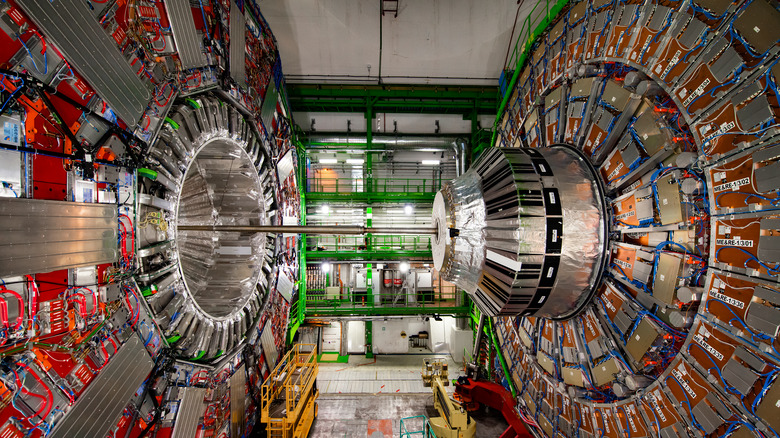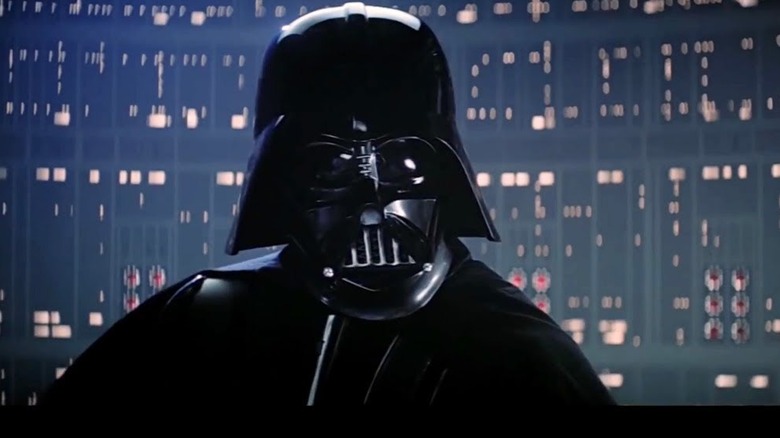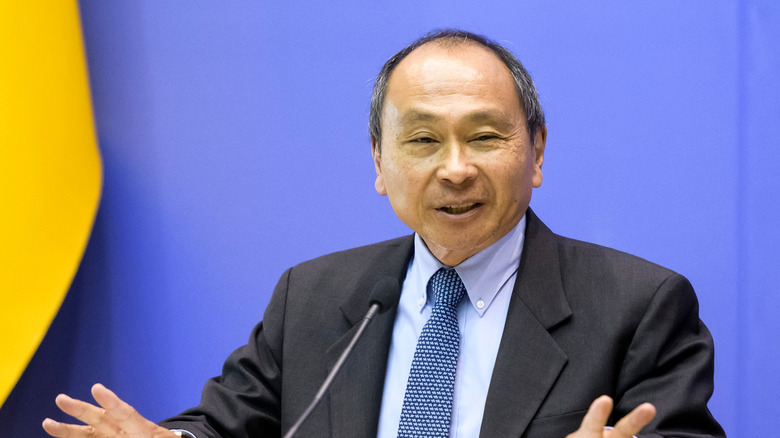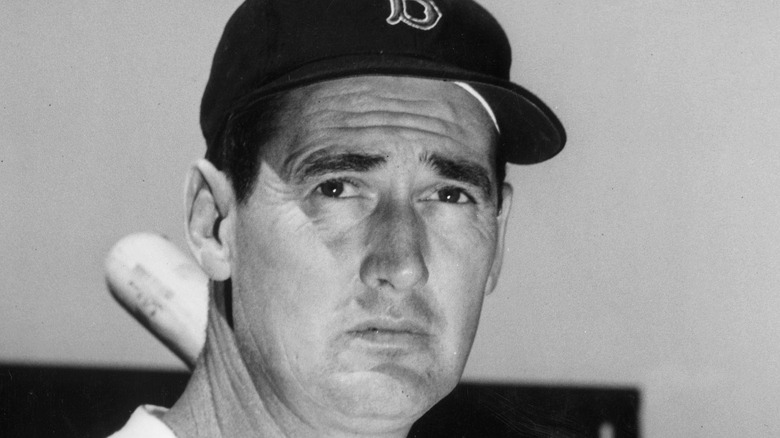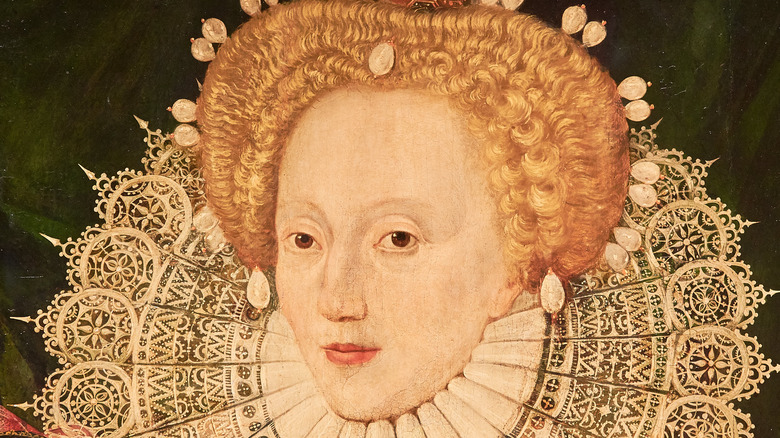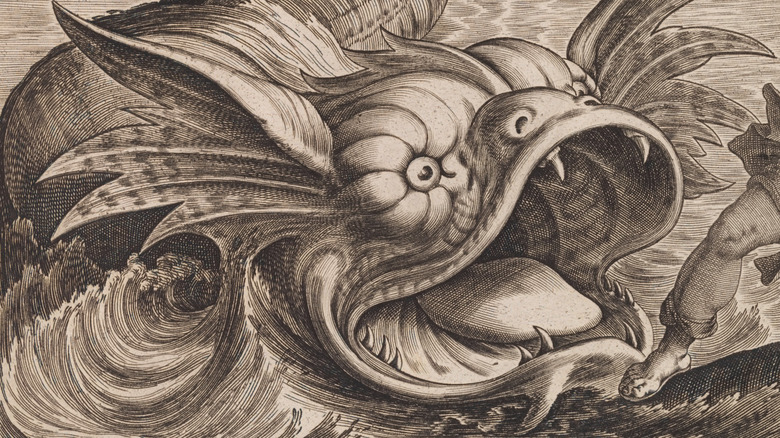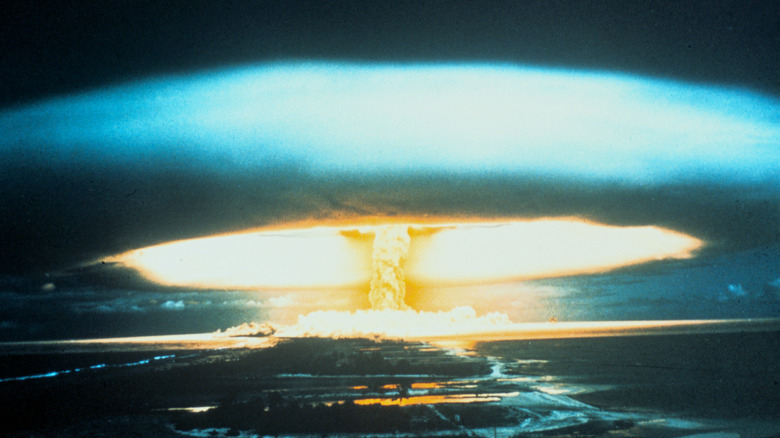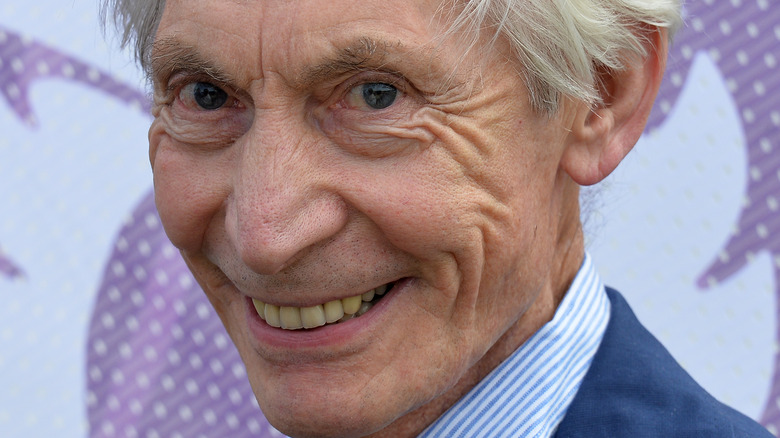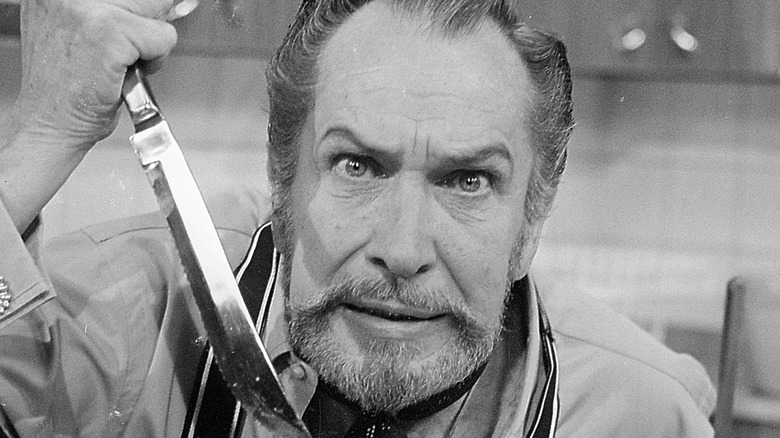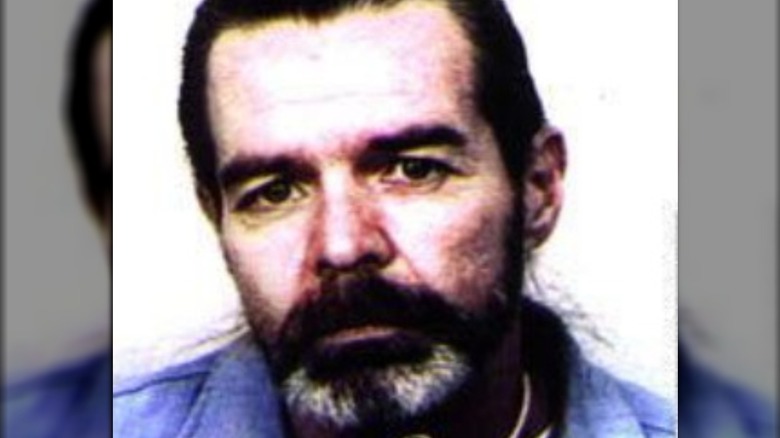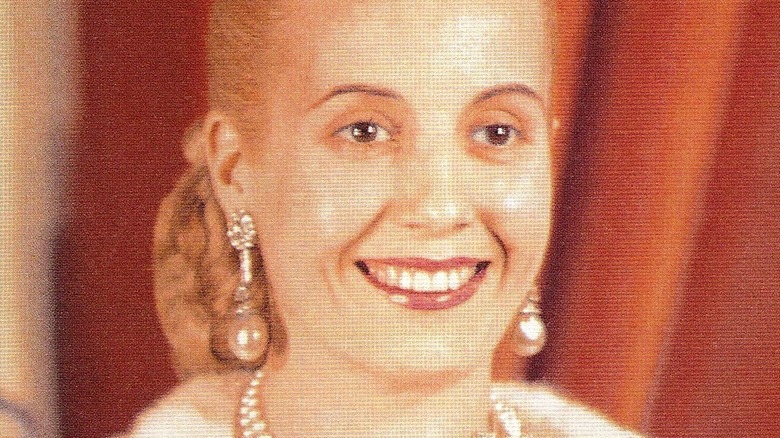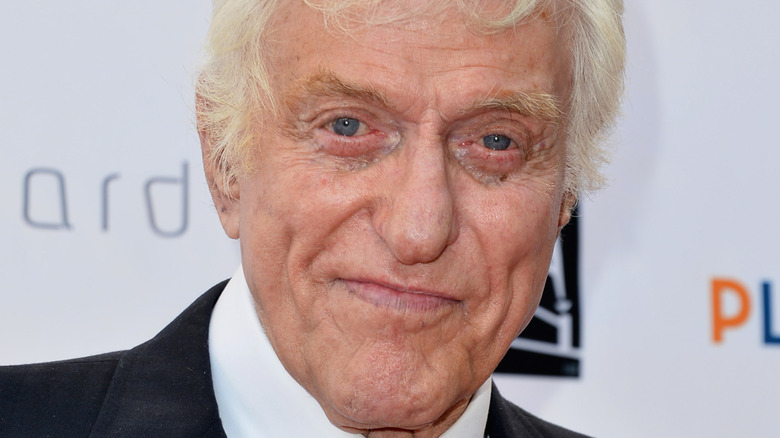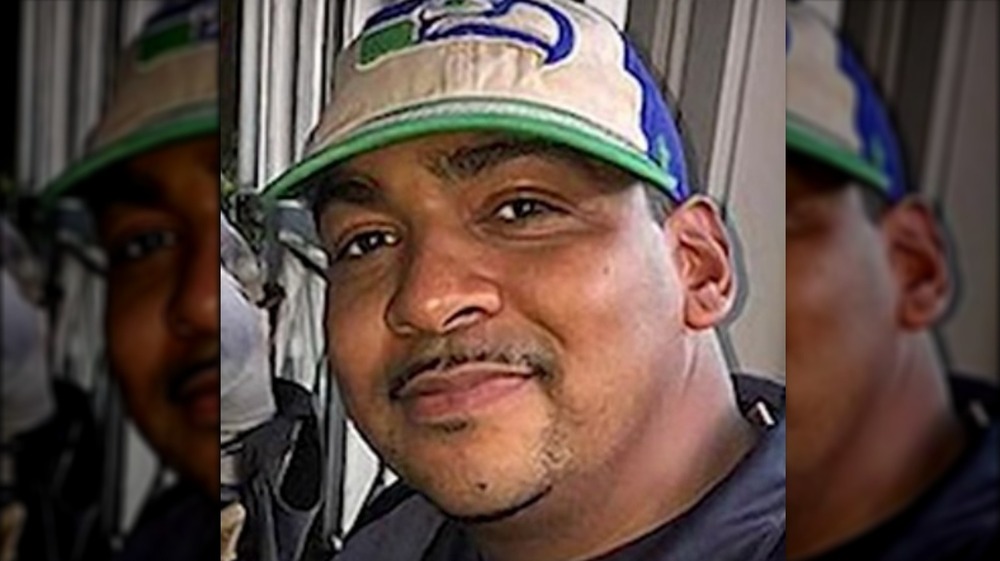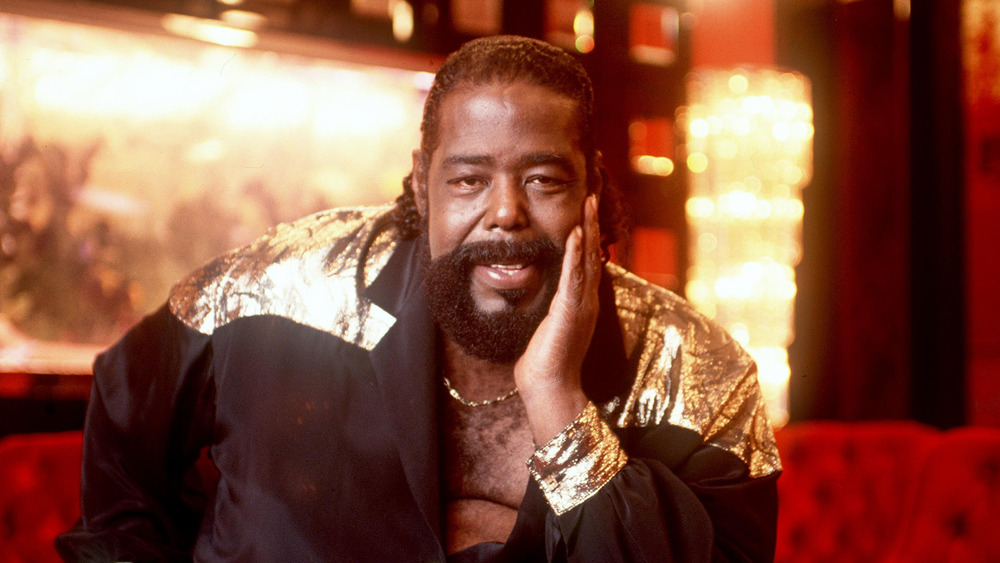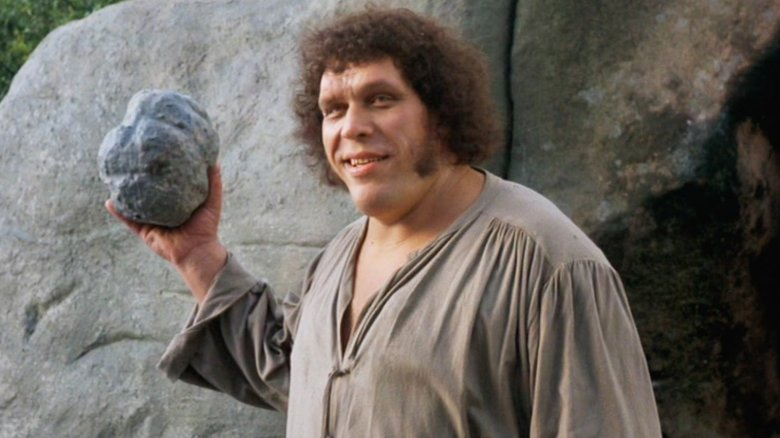
Why Some Believe The World Actually Ended In 2012
All sorts of people, from cult leader Jim Jones to astronomer Camille Flammarion to televangelist Harold Camping, have warned that doomsday is nigh, but we’re still here. Likewise, R.E.M. warned us slightly over three decades ago, tongue firmly in cheek, that it’s the end of the world as we know it, but once again, we’re still here. That’s probably why many are still trying to figure out the answer to a question that has been asked from time immemorial — when exactly is the world going to end?
When going down internet rabbit holes, it’s not uncommon to stumble upon weird theories on various hard-to-explain topics, and these include some about doomsday. Most of these theories come from self-styled soothsayers and bargain-basement Nostradamuses (or is that Nostradami?) with vague interpretations of the Book of Revelation and other sources that supposedly point to a year or date in which Armageddon might take place. But before you add the number of people at the Last Supper and subtract the number of Filipinos in the Bible from whatever number these folks came up with (and hopefully just for fun), you might want to stop for a moment, as there are some people who believe the world — yes, the same world we’re living and breathing in right now — ended a good nine years ago.
This Twitter user believes the world might have ended in 2012
As documented by Megaphone, Twitter user Nick Hinton took to the microblogging platform in 2019 and started a thread entitled, “A conspiracy thread: Did the World End in 2012?” Audacious as that may sound, the site noted that a number of users have retweeted Hinton’s theories and apparently agree with his reasoning. So what did this individual theorize and why does he believe doomsday has already taken place, despite the fact life has gone on for the world since 2012?
In the Twitter thread, Hinton explained that 2012 was the year when scientists at the European Organization for Nuclear Research (CERN) discovered the Higgs boson particle — the so-called “God particle” that Stephen Hawking once warned could result in the universe undergoing a “catastrophic vacuum decay.” At this point, there’s already one notable inconsistency with the theory; it was only in 2013 when CERN‘s Large Hadron Collider experiments yielded some evidence that the particle discovered the year prior was indeed the Higgs boson. The operative word, however, is “some” — CERN’s article stressed that it would “take time” before scientists could truly confirm the Higgs boson’s existence.
Speculating that the particle might have “destroyed the universe” as Hawking cautioned, Hinton wrote, “Maybe CERN accidentally created a black hole that sucked us in without us even noticing, and we’ve just been living in it.” But if that did happen, we would have almost certainly noticed, and that would have been the last thing we’d ever notice. According to What If, if our planet was sucked into a black hole, there would be a very good chance of catastrophic earthquakes, tsunamis, and volcanic eruptions as Earth experiences tidal heating and ultimately gets stretched, then split into countless atoms.
Are we living in a real-life version of The Good Place?
Despite starting out with a scientifically implausible premise, Hinton tweeted another reason why he feels his theory holds water — nothing has “felt right” since 2012. He acknowledged that this might be an after-effect of becoming older and more jaded — trust us, Nick, a lot of us have been down that path — but added that time has seemingly moved faster in the nine years since the world supposedly ended. Hinton wrote that people have become so numb to mass shootings that they only stay in the headlines for 12 hours, while calamities take place on an almost daily basis.
Stating that there are some individuals who believe this is because we ended up in hell after the world ended, Hinton compared the situation to that of the characters on the NBC series “The Good Place.” As lead character Eleanor Shellstrop (Kristen Bell) would have said, “holy forking shirtballs!”
So does this mean that we are living in our own real-life Jeremy Bearimy with a woman who has practically majored in bad life decisions, an intelligent, yet super-indecisive philosophy professor, a glamorous socialite with hidden insecurities, and the quintessential Florida man? We’re pretty confident we aren’t, but Hinton believes we are now living in a simulation — i.e. one of the many neighborhoods in the afterlife designed by the architect Michael (Ted Danson) — that happens to be “almost identical” to the one we existed in before 2012.
Hinton claims the Mandela Effect is proof we're living in an alternate universe
No, Darth Vader did not call Luke Skywalker by name when he said he was his father. The Evil Queen in “Snow White” was referring to a “magic mirror on the wall,” and not addressing it as “mirror, mirror.” And many of us grew up on the adventures of the Berenstain, not “Berenstein” Bears. These are all examples of the Mandela Effect, so named after how there were people who mistakenly thought Nelson Mandela died in prison in the 1980s when, in fact, he was still alive and would become president of South Africa from 1994 to 1999. It happens when we realize our past recollections were inaccurate all along, and even the best of us aren’t immune to it.
What does this have to do with Hinton’s “the world ended in 2012” Twitter theory? He claims that the phenomenon backs up his belief that the world we live in is a simulation or an alternate reality. After citing a few other notorious Mandela Effect examples, Hinton went into great detail about the inconsistencies between the Statue of Liberty’s actual and perceived location, adding that the statue’s torch has been closed to the public for over a century but there are people who remember being there. Then again, it’s harder to call that a classic case of the Mandela Effect than to call it a case of people taking to TripAdvisor to post tongue-in-cheek false recollections.
Russian dolls and time travel experiments
Hinton wasn’t done going down his own rabbit hole; after discussing the Mandela Effect, he tweeted about a “viral” thread on 4chan where someone who was one of 23 CERN scientists responsible for “creating” the phenomenon claimed that Earth’s population was moved to a simulated world after the planet was “destroyed.” Further citing the unnamed scientist, he wrote that the person “described reality as being like a set of Russian dolls, where there are worlds nestled within one another, or like we’ve talked about, ‘simulations’ within ‘simulations.'” Call it simulation-ception if you wish, but the very mention of 4chan as a source should be enough for anyone to call cattle manure on the idea of scientists creating the Mandela Effect and all that other good stuff mentioned above.
Hinton then redirected things back to the heart of his theory — that the world ended in 2012. He cited an author named Preston B. Nichols, who wrote books documenting time-travel experiments that purportedly took place at Montauk Air Force Station in New York. According to Nichols, the people who were behind the experiments were not able to travel to any point in time past 2012 because “they could find no future beyond it.” On the other hand, Hinton pointed out that Nichols did an interview in 2014 that detailed the experiments — two years after the researchers supposedly hit a “very abrupt wall.”
The 'end of history' and why we may not have reached it yet
As he wrapped up the conspiracy thread, Hinton cited the “end of history” theory posited by the likes of Karl Marx, Friedrich Hegel, and Francis Fukuyama (pictured), suggesting that humanity might have already reached that point, in which events still happen but mankind no longer evolves in a socio-cultural sense. On one end, there might be a tiny grain of truth in that, at least for those who believe the trashy reality shows, SoundCloud rap, and TikTok dance crazes enjoyed by younger generations represent the nadir of pop culture. But if you consider how we are currently dealing with a massive global pandemic as of this writing, one can argue that history is still being made and that the “end of history,” if it exists, has yet to take place.
In conclusion, Hinton tweeted that the universe is likely “in a constant cycle of expanding and contracting, the Big Bang and Big Crunch happening over and over, and our souls are just taking a ride on the Cosmic Ferris Wheel.”
Now that we’ve gone down the same rabbit hole Nick Hinton did, is it possible the world ended in 2012 without the earthquakes, floods, and death depicted in the film of the same name? Aside from how we’ve debunked practically everything he discussed, the fact you’re reading this article should be proof positive that it didn’t.
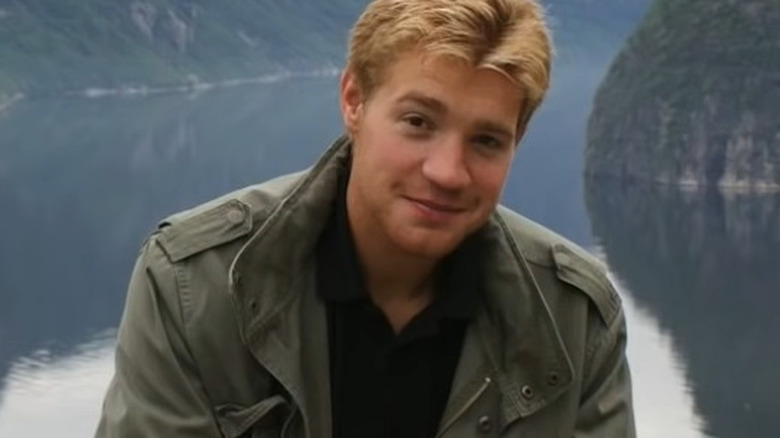
The Biggest Lars Mittank Theories: What Really Happened?
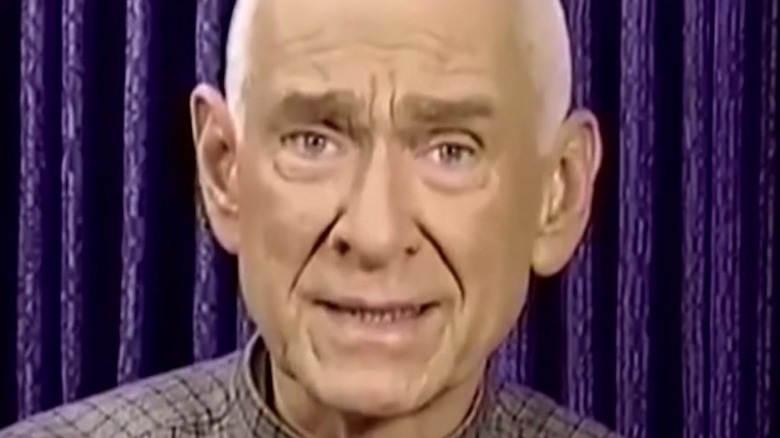
The Simple Tool The Heaven's Gate Leaders Used To Control Their Members
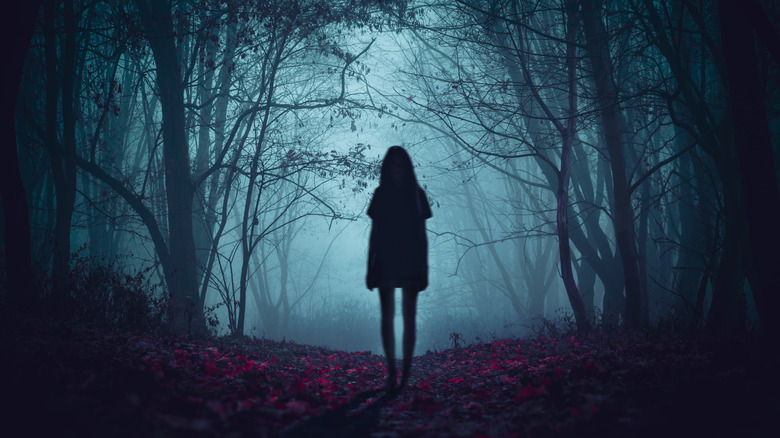
The Creepiest Myth From Every State
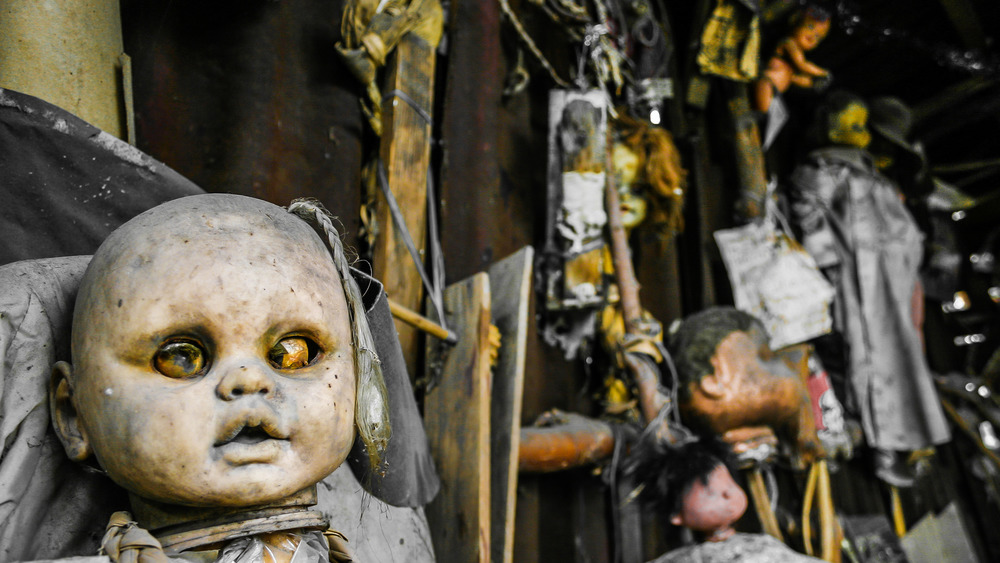
The Truth About The Island Of The Dead Dolls
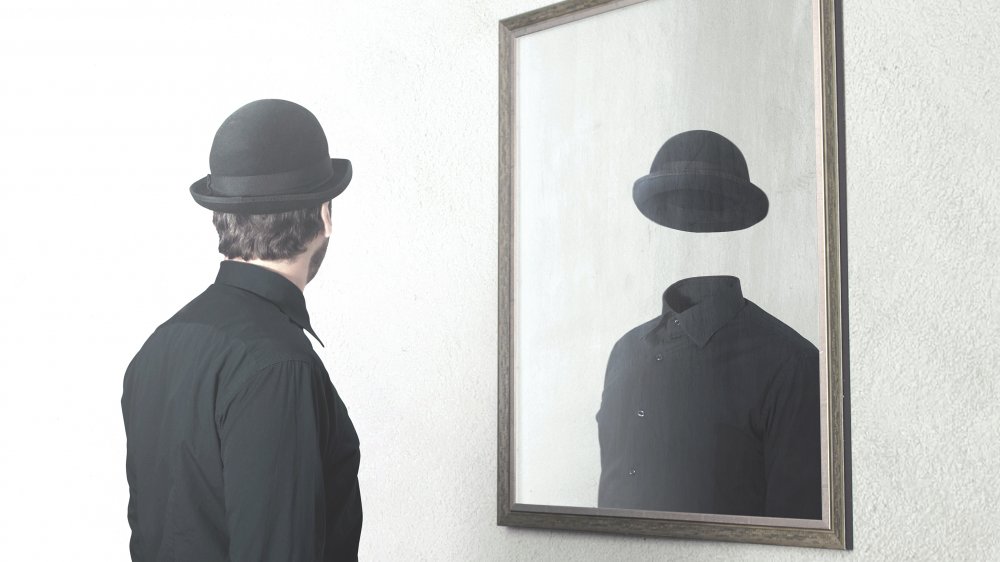
The Legend Of Doppelgangers Explained
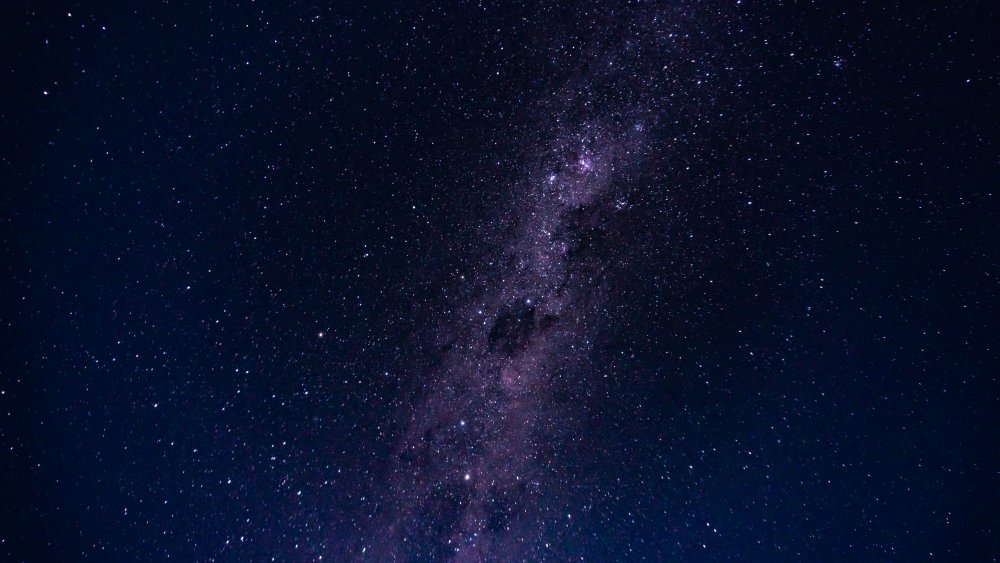
The Truth About The Real 'Warp Drive'

'World's Worst Cat' Has Found A Home
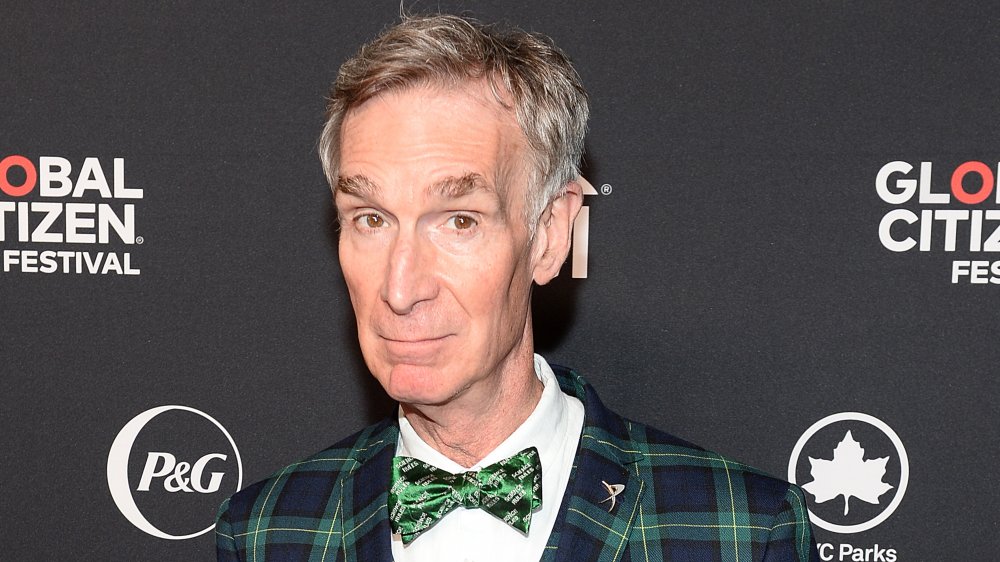
Bill Nye Is Suing Disney For $28 Million

People Who Lost Their Life Savings In Really Dumb Ways

These Are The Greatest Sandwiches Ever Made
